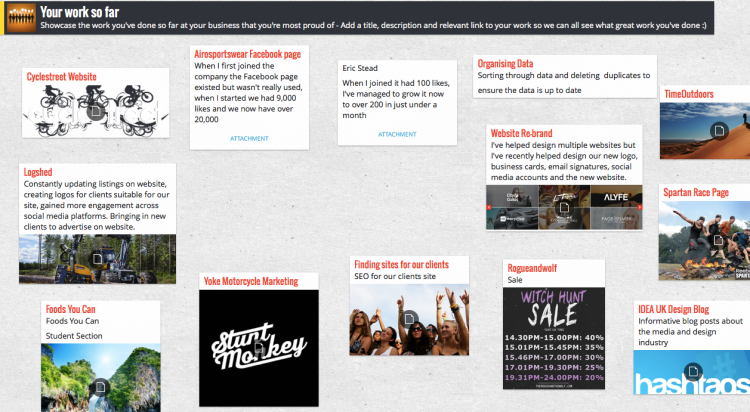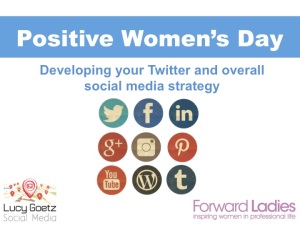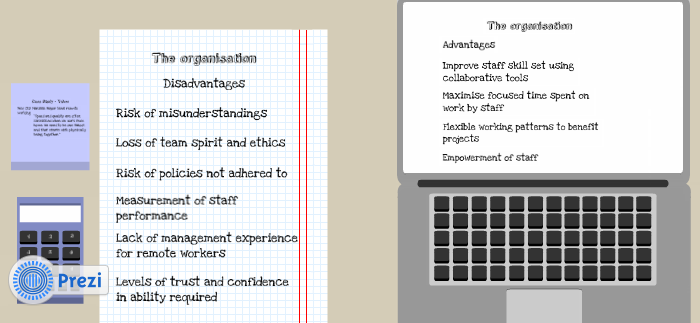
As thousands of students get their GCSE and A-Level results in the next couple of weeks and worry about getting the grades they need for college and university, it seemed a good time for me to just show what can be achieved through a different option. Apprenticeships were talked up by all political parties in the general election and now the new Government has committed to increasing their funding for apprenticeships in the latest budget and increasing the apprentice wage.
As a university graduate a few years ago I am still an advocate for higher education and the experience of university was right for me, but having said that I wasn’t made aware at the time, back in 2006 when I decided my route after sixth form, of work-based learning and the advantages it has for young people.
Apprenticeships or University
Being able to gain a qualification while gaining invaluable industry experience (and also earning a living!) is understandably an appealing option for young people today. I am often asked by some apprentices if they should do go to uni perhaps after their apprenticeship to further their development. It’s a difficult question to answer sometimes and obviously depends on the individual.
However from speaking to numerous employers of apprentices across Yorkshire this week, they have told me how positive their particular experiences have been with apprentices in comparison to graduates. The phrases used were ‘fresh’, ‘blank canvas’ and ‘eagerness’ when referring to their current apprentices.
The digital marketing field in particular is ever-changing and work experience in the industry I would consider to be the most valuable to a young person wanting to develop a career in the industry.
Digital Marketing Apprenticeships
I’ve been training and assessing social media and digital marketing apprentices at 3AAA for the past year and have seen the impact young people are making at small businesses across the country. They are being trained in a learning environment and being given the opportunities to put into practice their learning straight away back in the workplace.
It is an incredibly rewarding role, seeing fresh young faces starting their careers and receiving the support they need from their employers and me and the team at 3aaa. From the principles of social media, to using collaborative technologies to enhance work across teams, apprentices are developing skills they can use in their work straight away and make positive contributions to the companies who have invested in them.
In one of my lessons on collaborative technologies, my learners showcase the work they’ve done in their businesses on a Padlet (a fantastic tool for content curation across teams) and it really does speak for itself to show the excellent contributions some of these young apprentices are making to such a wide range of businesses.
Leeds 3AAA Digital Marketing Apprentice Work
I don’t believe that one path is better than the other when it comes to apprenticeships vs university. It’s not a straight choice and obviously depends on the individual and what is right for them. I just think it’s important for young people to know that there are other options, and now more and more people are getting better advice at sixth form than I did, which was just based on helping me complete my UCAS application.
Hopefully students are receiving the best advice for them in the next couple of weeks, whatever results they get in their GCSEs and A-Levels.




